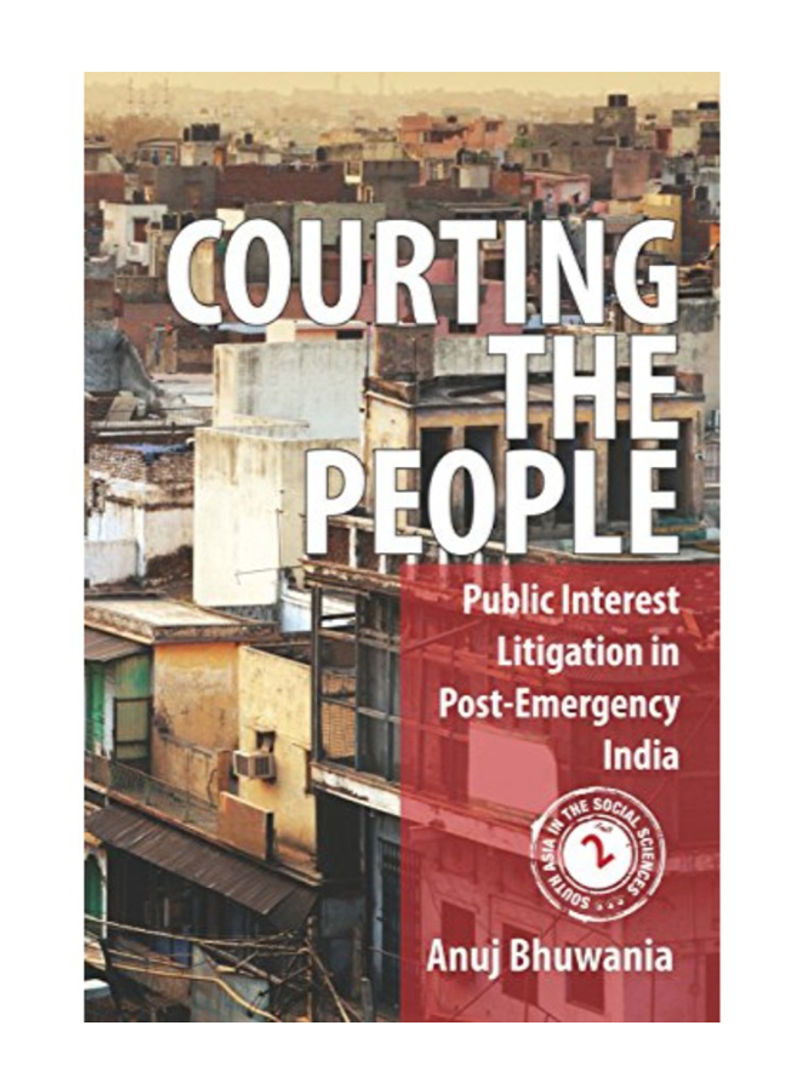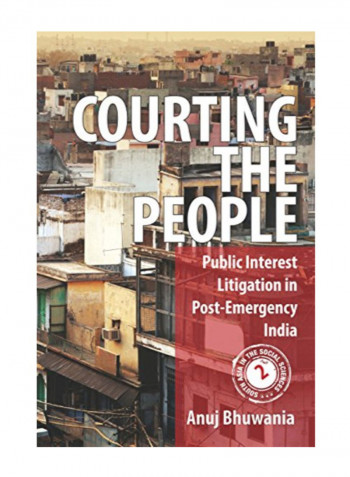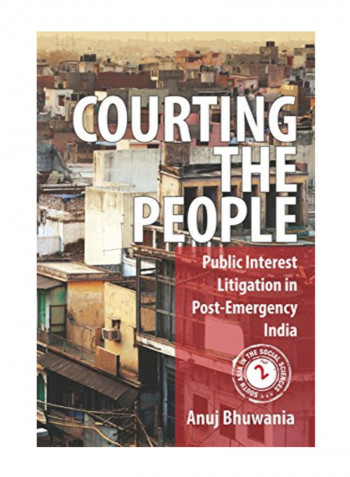Courting The People: Public Interest Litigation In Post-Emergency India Hardcover
Recommend
Sort by
Rating
Date
Specifications
Author 1
Anuj Bhuwania
Book Description
Based on empirical research, this book shows how public interest litigation (PIL) grants the appellate courts enormous flexibility in procedure, allowing them to manoeuvre themselves into positions of overweening authority. While PIL cases are usually politically analysed solely in terms of their effects, whether beneficial or disastrous, this book locates the political challenges that PIL poses in its very process, arguing that its fundamentally protean nature stems from its mimicry of ideas of popular justice. It examines PIL as part of a larger trend towards legal informalism in post-Emergency India. Casting a critical eye over these institutional reforms that aimed to adapt the colonial legal inheritance to 'Indian realities', this book looks at the challenges posed by self-consciously culturalist juridical innovations like PIL to ideas of fairness in adjudication, as well as democratic politics.
ISBN-13
9781107147454
Language
English
Publisher
SCHAND
Publication Date
DEC
Number of Pages
166
About the Author
Anuj Bhuwania teaches at the Department of Sociology at South Asian University, New Delhi. His research interests are legal anthropology, anthropology of media, public law, post-colonial Indian politics, anthropology of human rights and criminal justice and policing.
Editorial Review
Courting the People is a book that needed to be written and one that should be widely read and debated. It will form part of any reading list on PIL in India, mainly because by naming, calling out, and documenting the public secrets of PIL, the book provides an important counter to the mostly hagiographic narratives on PIL and its dramatis personae. In particular, Bhuwania's vividly portrayed ethnographic accounts demonstrate the quotidian realities of PIL in India. … Through these vignettes into the inner workings of PIL, Bhuwania provides a trenchant and compelling critique of the jurisdiction.' Aparna Chandra, ICON



